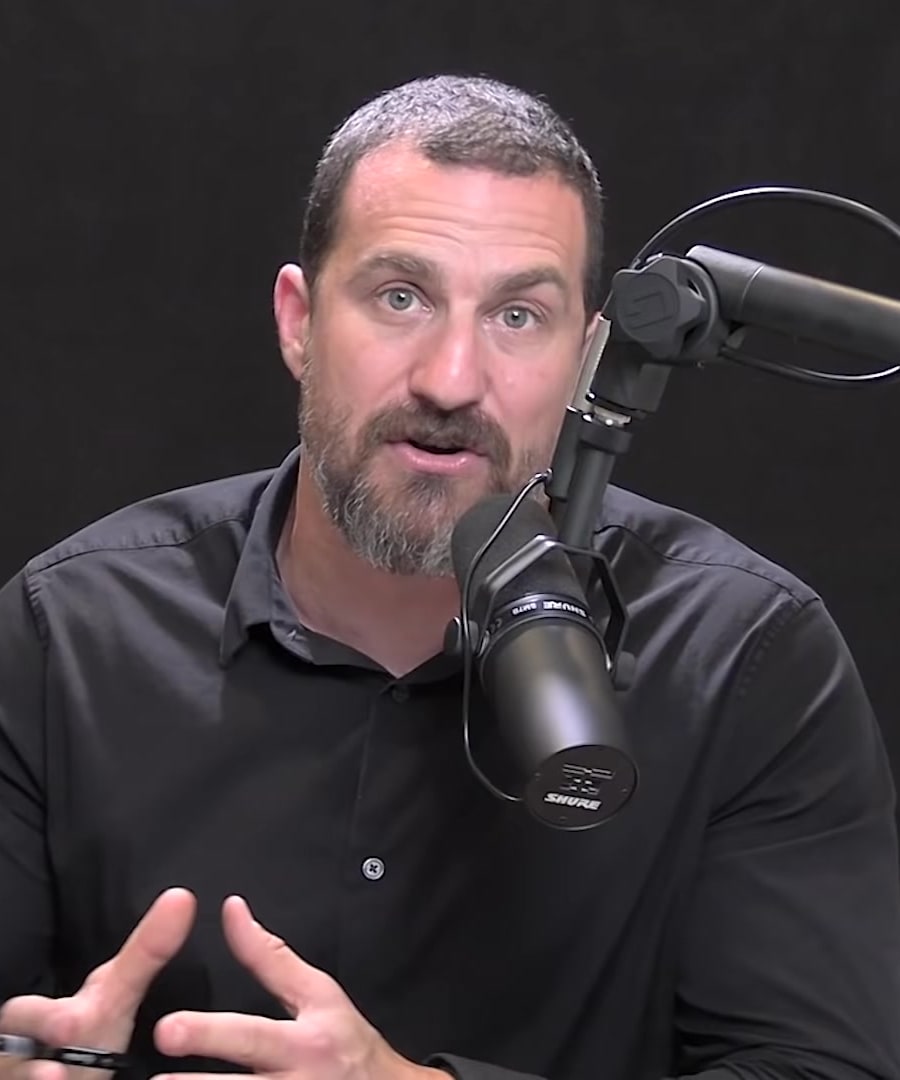Adhd
Sources:
ADHD, or Attention Deficit Hyperactivity Disorder, is a topic has discussed extensively on the . Here are some key insights:
Understanding ADHD
- Genetic Component: ADHD has a strong genetic link, with higher probabilities among close relatives. This disorder is not related to intelligence, and people with varying IQ levels can have ADHD 1.
- Historical Context: ADHD, previously known as ADD, appeared in medical literature as early as 1904. The renaming to ADHD in the mid-1980s helped improve diagnosis and detection 1.
- Focus and Attention: People with ADHD can focus intensely on tasks that excite them, contrary to the belief that they simply can't focus. They are often better at divergent thinking (creative ideas) but may struggle with convergent thinking (implementation of ideas) 2.
Medication and Treatment
- Medications: Stimulants like Adderall and Ritalin help increase dopamine and norepinephrine, reducing noise in the brain and enhancing focus. However, improper dosages can lead to anxiety, mania, or even psychosis. It's essential to tailor these treatments to the individual's needs 3.
- Early Treatment: Treating ADHD with stimulants during childhood can normalize dopamine transmission in the brain over time, countering concerns about future cravings for these substances 4.
- Holistic Approach: Effective treatment plans should include behavioral strategies, nutritional guidelines, and supplementation, not just medication 4.
ADHD and Lifestyle
- Technology and Attention: Excessive smartphone use and exposure to dynamic visual content can exacerbate attention issues. Engaging with challenging material and reducing passive consumption can enhance attentional capacity and brain plasticity 5.
- Sugar Consumption: High sugar intake, especially sugary drinks, can worsen ADHD symptoms in children. However, omega-3 fatty acid supplementation can be beneficial in managing these symptoms through improved dopamine pathways 6.
- Self-Regulation: Acetyl-L-carnitine supplementation has shown promise in improving self-regulation and reducing aggressive episodes in children with ADHD 7.
Enhancing Focus Skills
- Focus Improvement: Tools and strategies for improving focus include drug-based interventions, behavioral practices, diet, and emerging technologies like transcranial magnetic stimulation. Professional diagnosis is crucial to identify appropriate treatments 8.
For a deeper dive, consider checking out specific episodes like , where explores ADHD in-depth and offers practical tips for enhancing focus and managing symptoms.
RELATED QUESTIONSSummarize ADHD & How Anyone Can Improve Their Focus | Huberman Lab Podcast #37
Sources:
In , delves into ADHD and strategies to enhance focus, applicable to everyone:
Key Points
- ADHD Overview: ADHD (previously ADD) has a strong genetic component and no correlation with intelligence. Its presence in the medical literature dates back to 1904 1.
- Dual Focus Nature: Individuals with ADHD can exhibit hyperfocus on topics they find engaging, contrary to the common belief that they can't focus at all. However, they struggle with less interesting tasks, impacting daily life 2.
- Medications: Stimulants like Adderall, while surprising, help children with ADHD focus by activating task-related neural circuits during their brain’s highly plastic development stage 3.
- Emerging Neurotechnologies: Modern technologies, especially smartphones, might contribute to ADHD-like symptoms due to rapid context switching and constant digital distractions 4.
- Improving Focus: Research-backed strategies, including tools discussed in "Altered Traits" by Goleman and Davidson, can permanently enhance focus. These include overcoming attentional blinks and possibly meditation, though the latter is left to personal choice 5.
- Behavioral and Nutritional Approaches: Effective management of ADHD requires a holistic approach involving behavioral strategies, specific dietary changes, and potentially over-the-counter compounds alongside prescription medications 6.
Huberman emphasizes that addressing these issues can significantly impact one's ability to stay focused, enhancing both personal and professional aspects of life. Proper diagnosis and tailored interventions are crucial for optimal outcomes.
RELATED QUESTIONS
Adhd
- RELATED QUESTIONS
Summarize ADHD & How Anyone Can Improve Their Focus | Huberman Lab Podcast #37
- RELATED QUESTIONS












